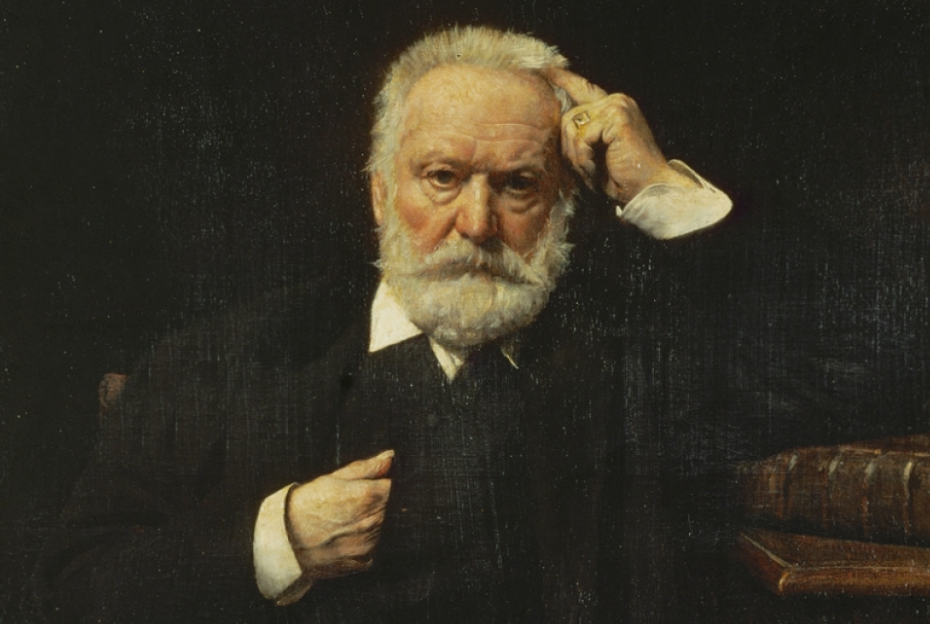William Shakespeare is widely considered to be the United Kingdom National Poet. Born in 1564 in Stratford-upon-Avon, he is one of the most influential writers in the English language and his works continue to be celebrated and performed around the world adding to the cultural influence of the UK. In this article, we will explore the life, works, and legacy of William Shakespeare, as well as some of the controversies and debates that surround his legacy.
United Kingdom National Poet: Early Life and Career
William Shakespeare was born in 1564 in Stratford-upon-Avon, a small town in Warwickshire, England. He was the third child of John Shakespeare, a glove maker and a local politician, and Mary Arden, a local heiress. Little is known about Shakespeare’s early life, but it is believed that he attended the local grammar school, where he learned Latin and classical literature.
In 1582, at the age of 18, Shakespeare married Anne Hathaway, who was eight years his senior. They had three children together, but little is known about Shakespeare’s family life. In the late 1580s, Shakespeare began his career in London as an actor and playwright.
Shakespeare became a shareholder in the Globe Theatre, one of the most famous theatres in London, and was a member of The Lord Chamberlain’s Men, a popular acting troupe. He continued to write and perform in London for the rest of his career, producing many of his most famous plays.
William Shakespeare’s Literary Works
Shakespeare’s literary works are divided into four categories: early plays, histories and tragedies, comedies and romances, and poetry. His early plays, such as “The Comedy of Errors” and “The Two Gentlemen of Verona,” are light-hearted and often farcical.
Shakespeare’s histories and tragedies, such as “Richard III” and “Hamlet,” are darker and more serious, exploring themes of power, betrayal, and revenge. His comedies and romances often feature mistaken identities, cross-dressing, and humorous misunderstandings, but also explore deeper themes of love, marriage, and social hierarchy.
Shakespeare’s poetry, including his sonnets and narrative poems such as “Venus and Adonis,” are known for their beautiful language and exploration of love and desire.
Shakespeare’s Influence on Literature and Society
Shakespeare’s influence on literature and society cannot be overstated. His plays and poetry have had a profound impact on the English language and literary tradition. Shakespeare’s plays introduced over 1,700 words and phrases to the English language, many of which are still in use today.
Shakespeare’s works have also had a significant impact on cultural and social issues of the UK. His plays explore themes of race, gender, and class, and have been interpreted and adapted to reflect changing societal norms and values. His work is relevant still in the UK because of its flexibility to the issues of the age.
Controversies and Debates Surrounding United Kingdom National Poet
Despite his enduring popularity and influence, William Shakespeare’s legacy has been the subject of much debate and controversy in the UK. One of the most well-known controversies is the question of authorship, with some scholars and theorists arguing that Shakespeare did not write his own plays.
There have also been debates about Shakespeare’s religious and political views, as well as his portrayal of women and people of color in his works.
Celebrating Shakespeare’s Legacy
Despite these controversies, William Shakespeare’s legacy is celebrated around the world and more so in the UK. His plays continue to be performed and adapted for stage and screen, and his influence on English language and literature is undeniable.
In the United Kingdom, Shakespeare’s legacy is celebrated through the Royal Shakespeare Company, which produces and performs his plays in Stratford-upon-Avon and London. The Globe Theatre, a reconstruction of the original Globe Theatre, also celebrates Shakespeare’s work through performances and educational programs.
Frequently Asked Questions (FAQs)
- What are William Shakespeare’s most famous works?
Some of William Shakespeare’s most famous works include “Hamlet,” “Romeo and Juliet,” “Macbeth,” and “Othello.”
- What is the significance of the Globe Theatre?
The Globe Theatre was a popular theatre in London during the 16th and 17th centuries, and was the venue for many of Shakespeare’s plays. A replica of the Globe Theatre now stands in London, and celebrates Shakespeare’s work through performances and educational programs.
- What was the authorship controversy surrounding Shakespeare?
Some scholars and theorists have suggested that William Shakespeare did not write his own plays, but instead borrowed from other writers or had his works ghostwritten.
- How did Shakespeare’s works influence English language?
Shakespeare’s works introduced over 1,700 words and phrases to the English language, many of which are still in use today.
- What are some interesting facts about William Shakespeare?
William Shakespeare is believed to have been born and died on the same day, April 23rd. He also wrote a play about a fictional African kingdom, “Othello,” at a time when very few people had traveled to Africa.
Conclusion
William Shakespeare is one of the most celebrated writers in the English language and his legacy continues to be celebrated around the world. From his early plays to his poetry, Shakespeare’s works have had a profound impact on English literature and culture. Despite controversies and debates, his influence remains undeniable.
References:
- “William Shakespeare.” Encyclopædia Britannica. Accessed April 18, 2023. https://www.britannica.com/biography/William-Shakespeare
- “Shakespeare’s Plays.” Folger Shakespeare Library. Accessed April 18, 2023. https://www.folger.edu/shakespeares-plays
- “Shakespeare’s Sonnets.” Poetry Foundation. Accessed April 18, 2023. https://www.poetryfoundation.org/poets/william-shakespeare
- “Royal Shakespeare Company.” Royal Shakespeare Company. Accessed April 18, 2023. https://www.rsc.org.uk/

